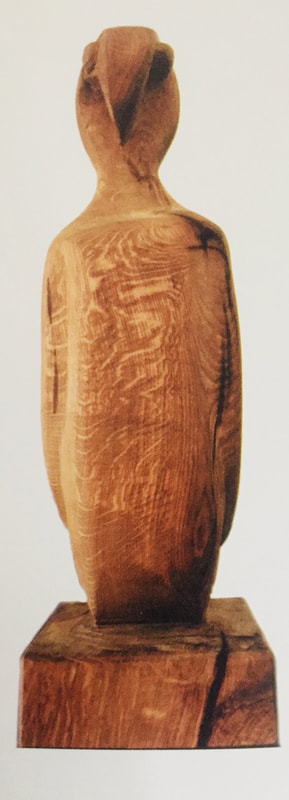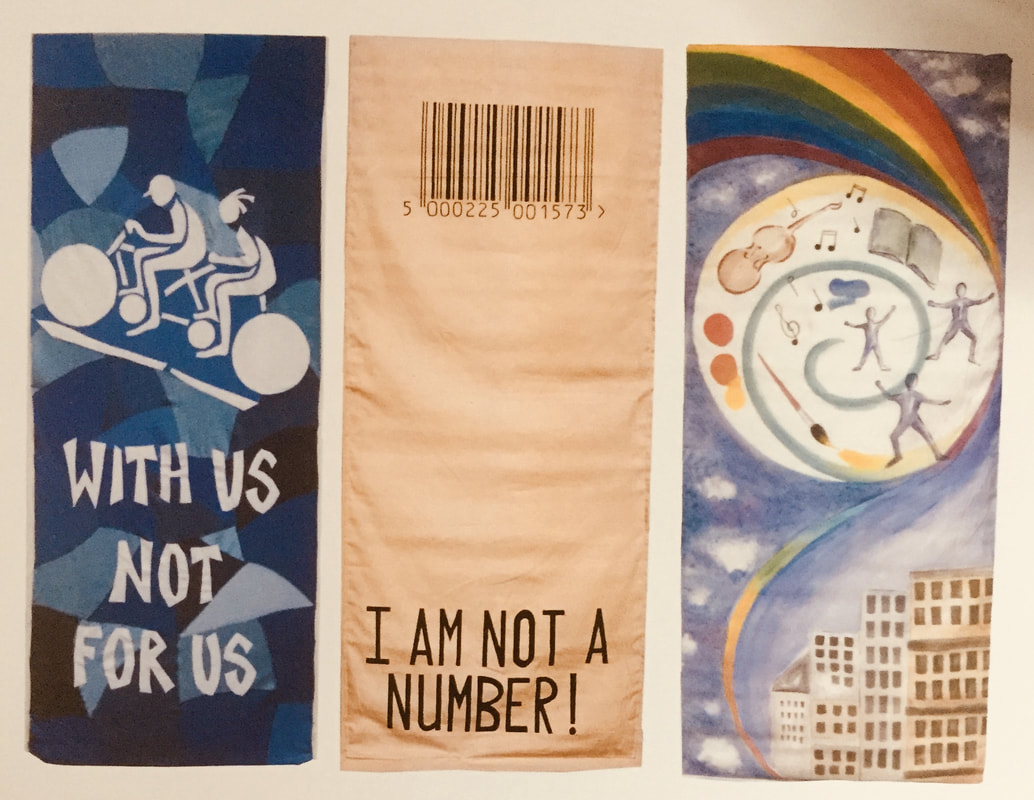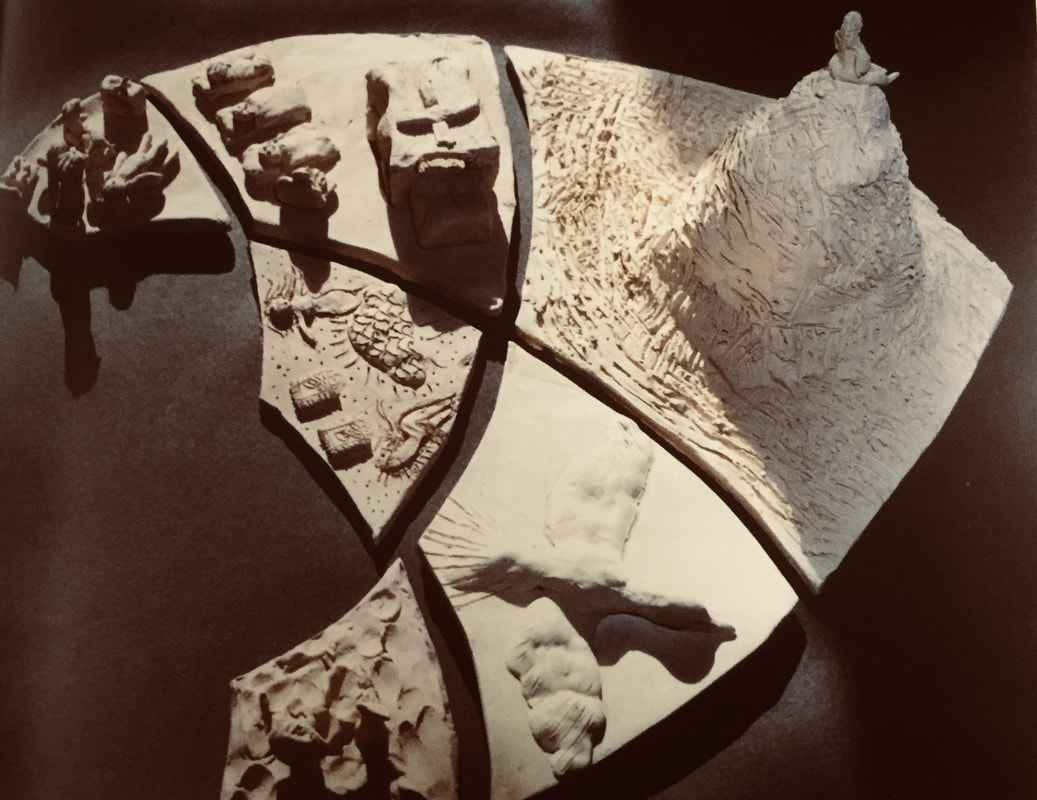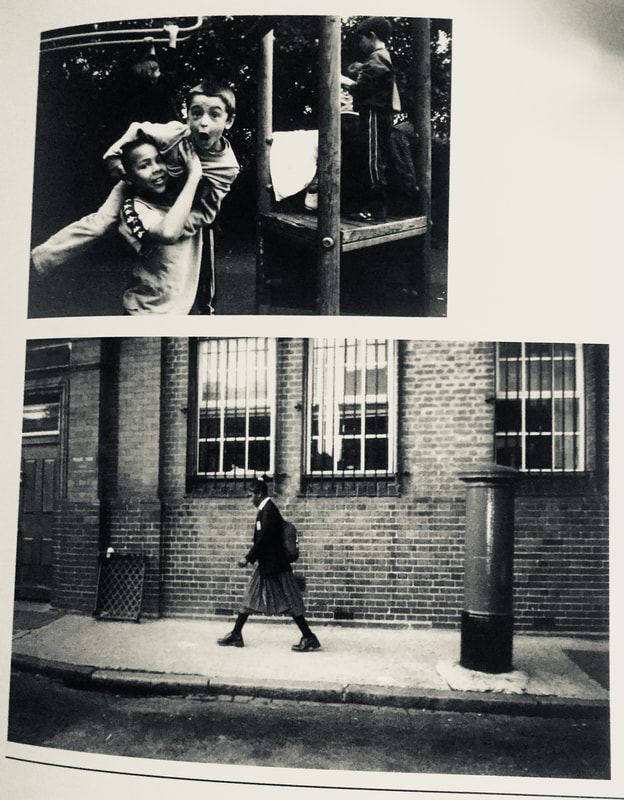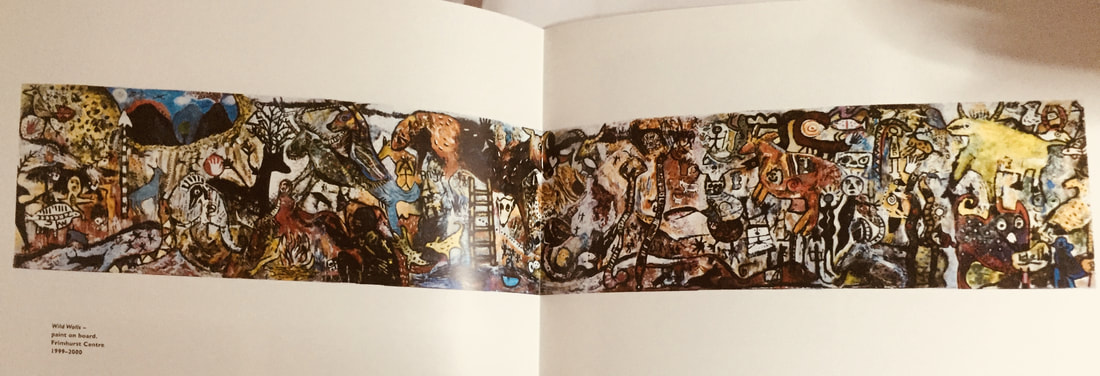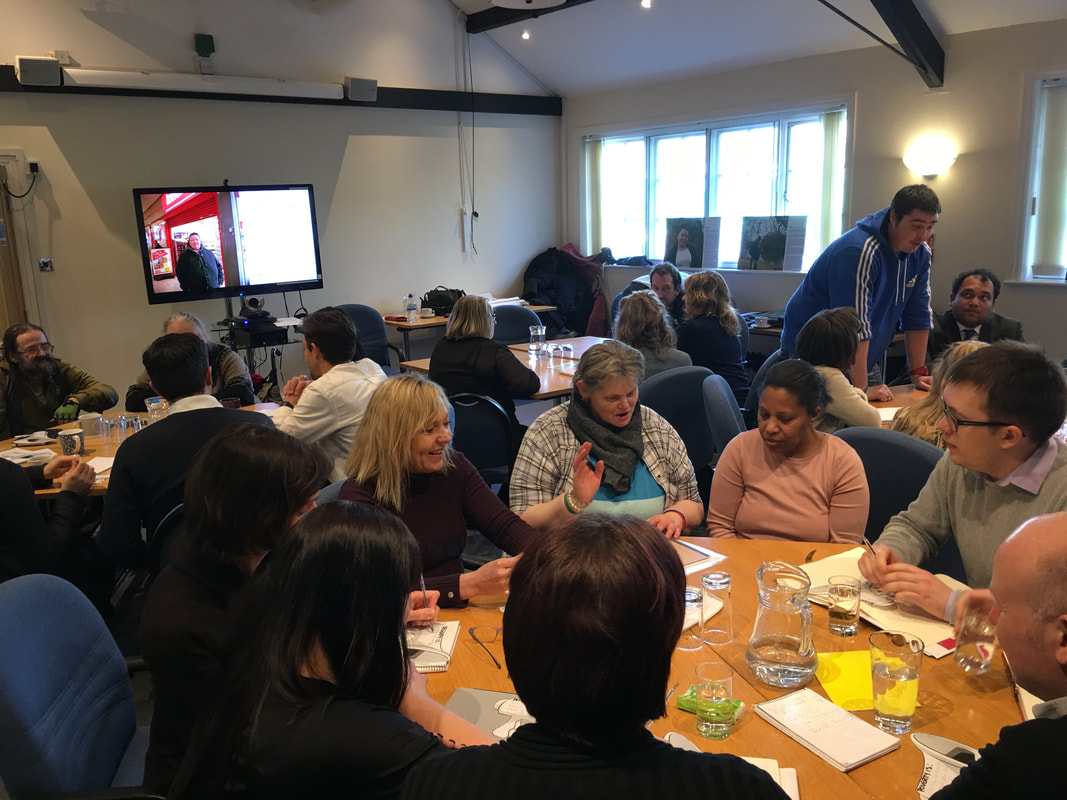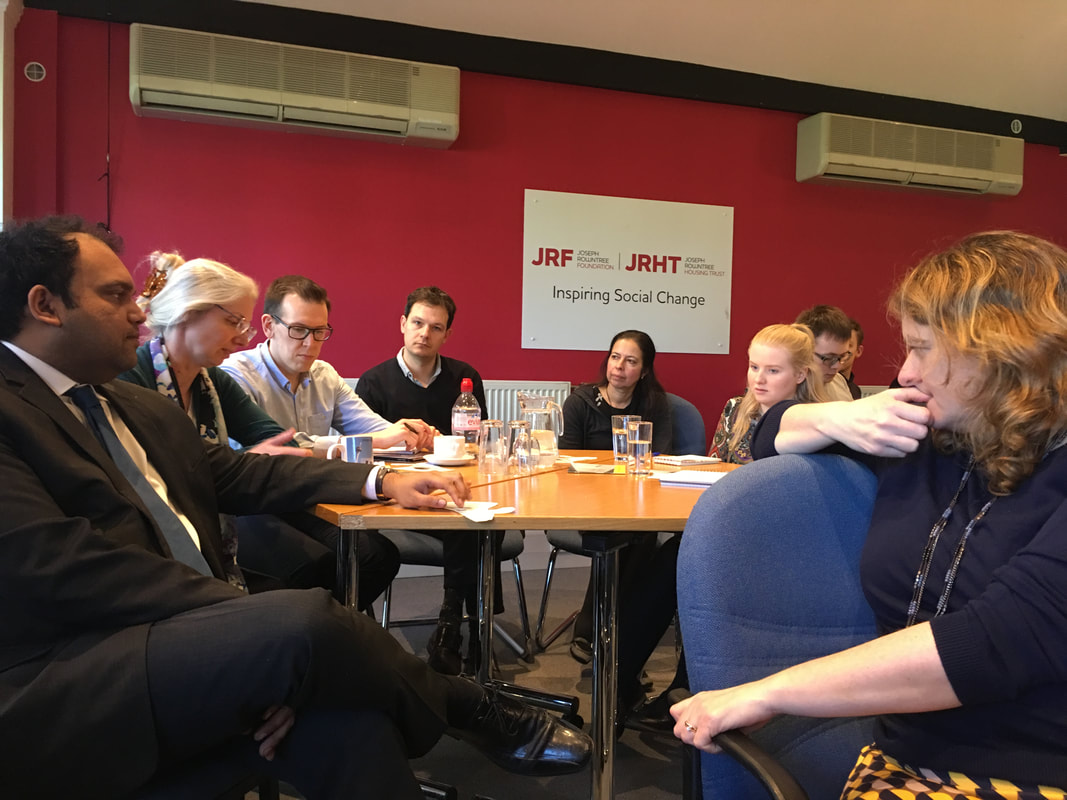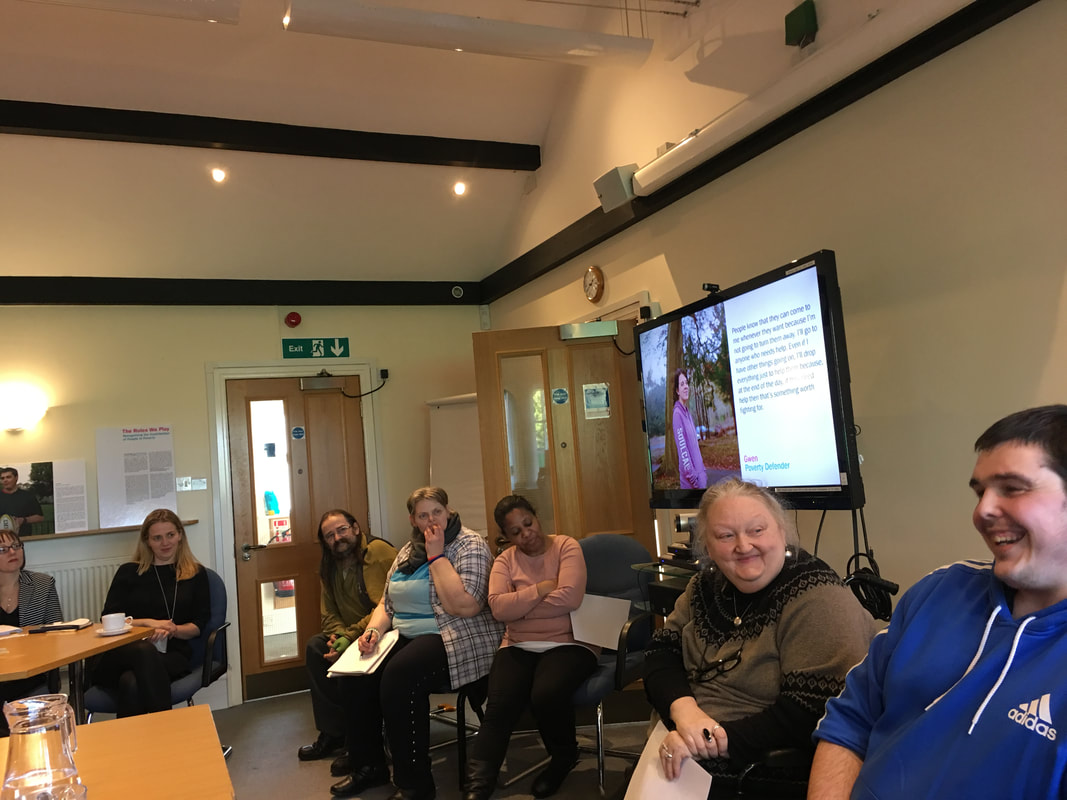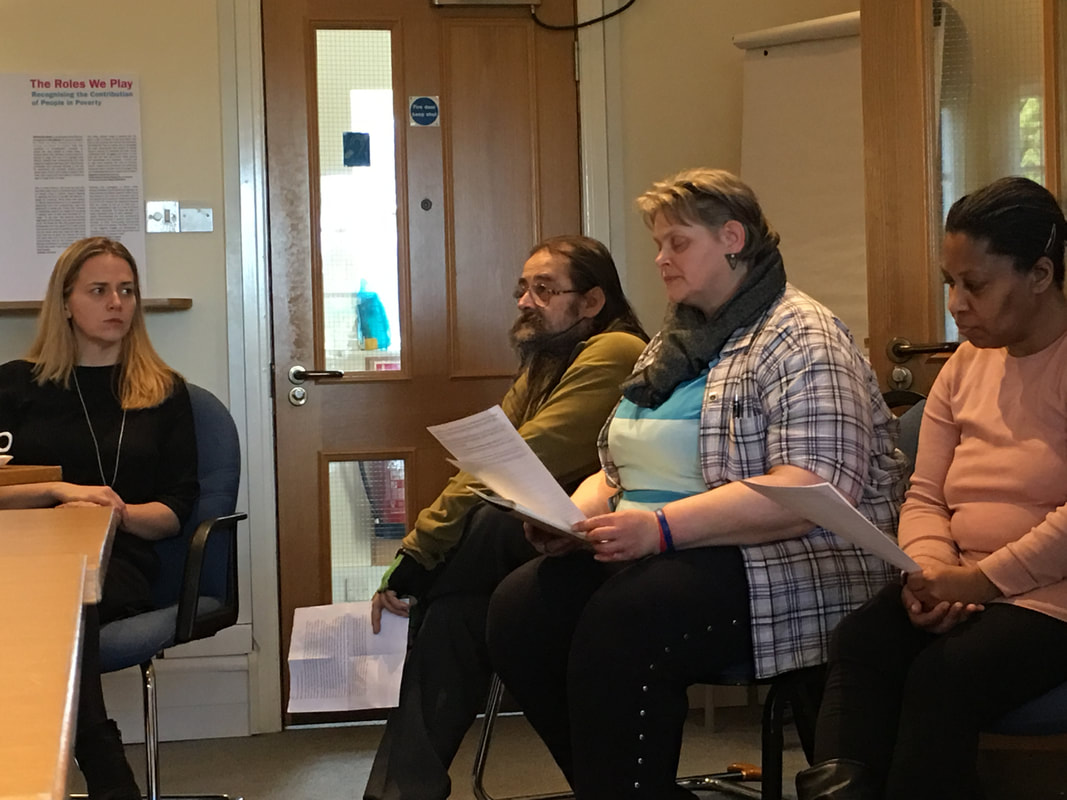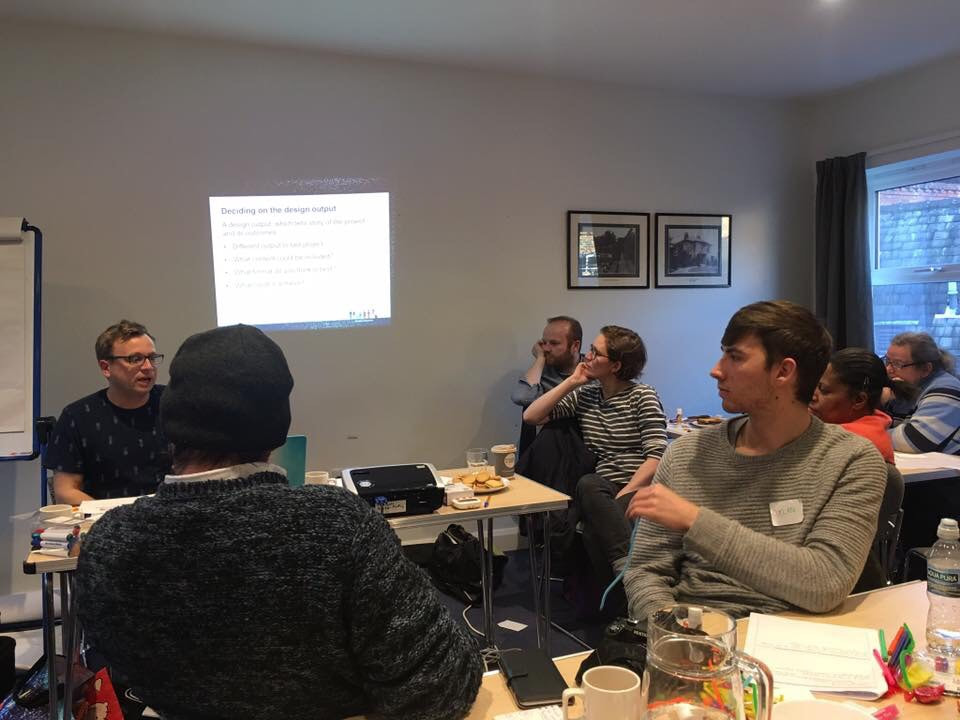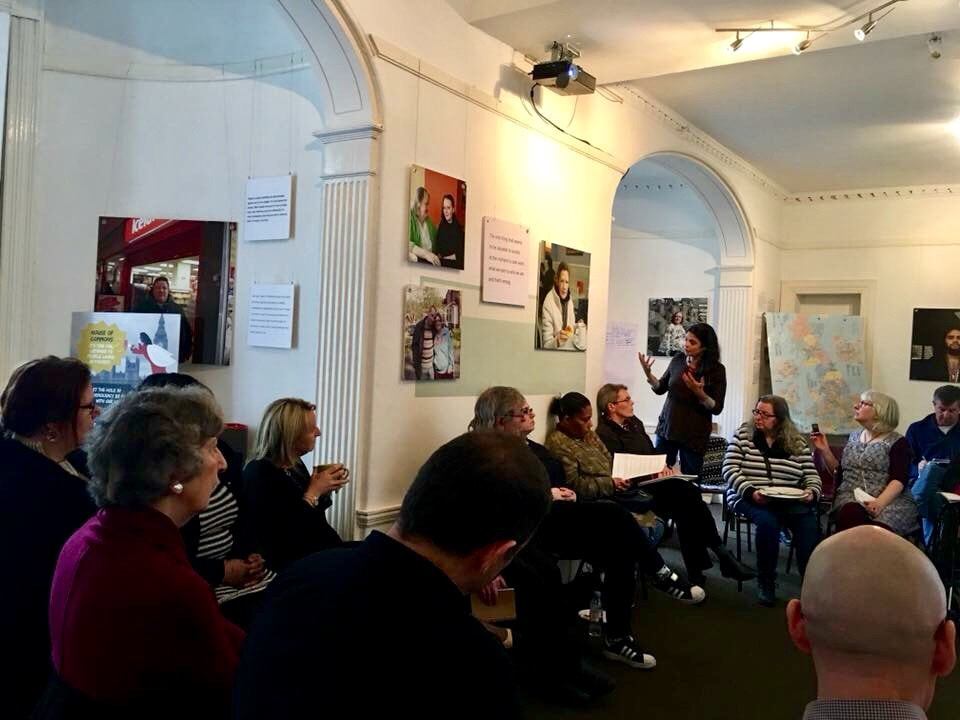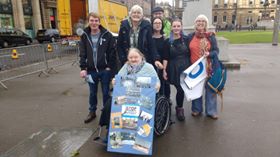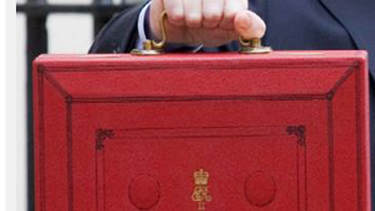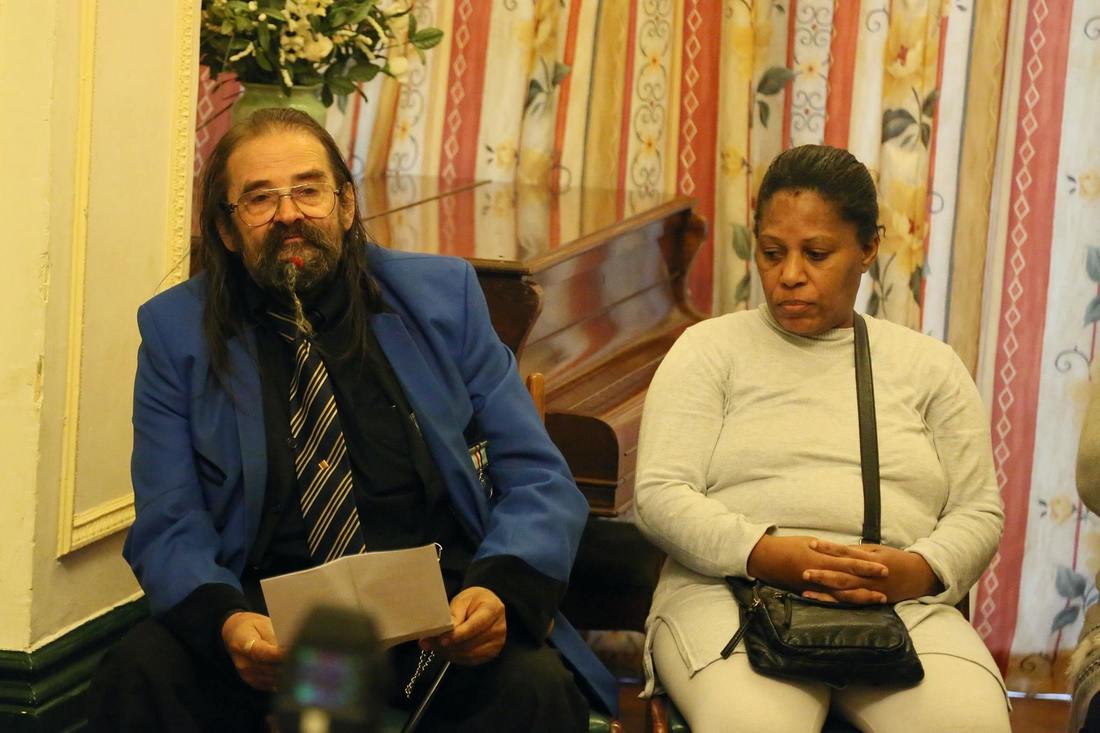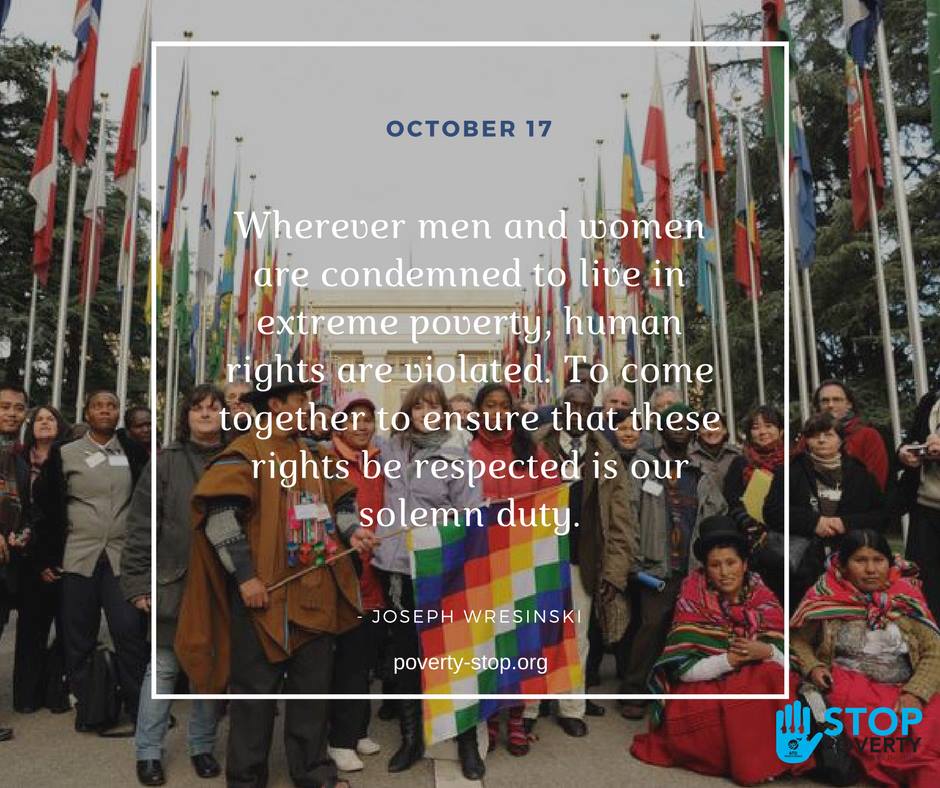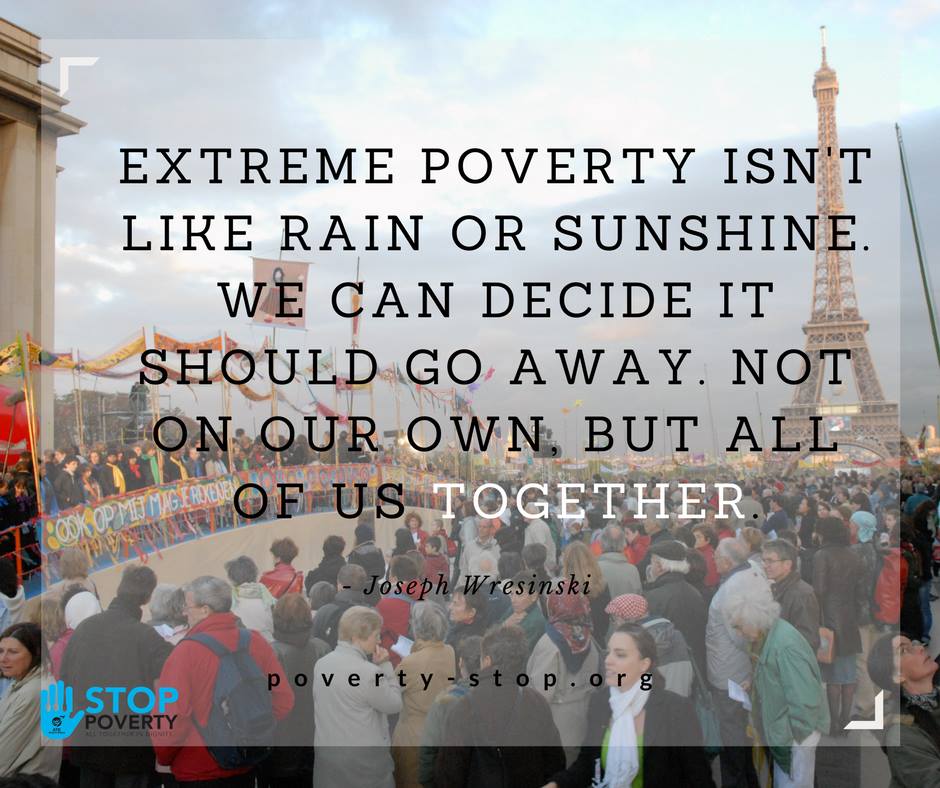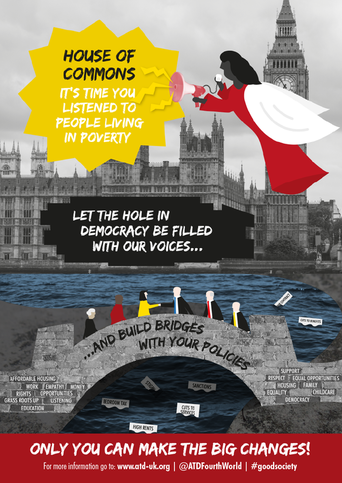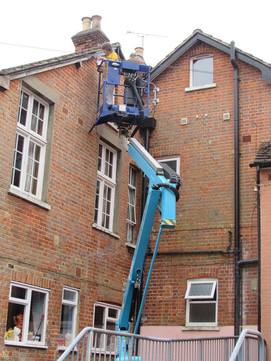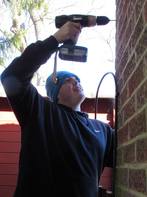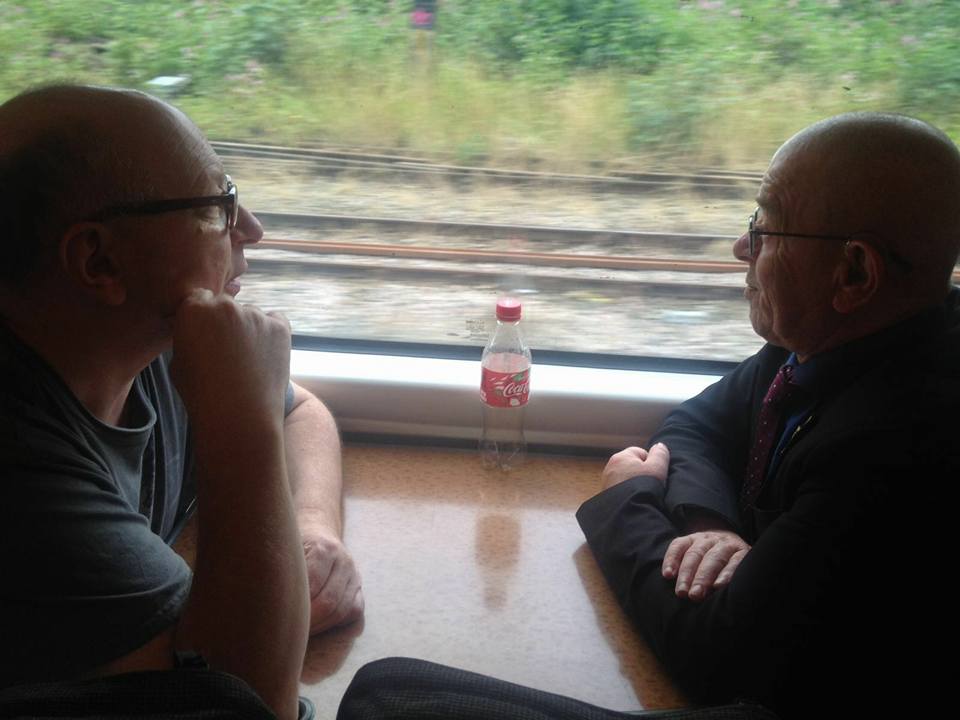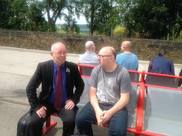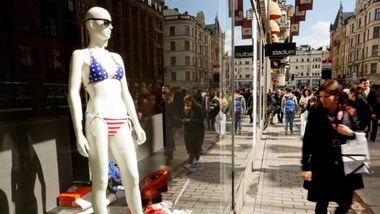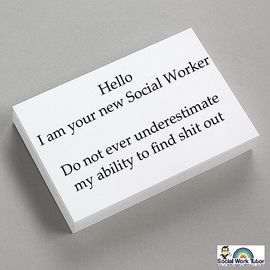– Extract from the introduction of ArtSpeaks: A Celebration of Hidden Talents,
published by ATD Fourth World in 2000.
Recently Seamus Neville, a participant in ATD's 1997-2000 ArtSpeaks project, looked back on it to speak about his memory of it:
“When I had been part of ATD Fourth World for about six years, some of us travelled together to the European Union in Belgium. It was for an event on culture. I wore earphones to understand the translations of all the different languages, and it was interesting. But then a Spanish lady said, 'A person who can't read and write has no culture.' I should have spoken up because that's not true. I know someone who can't read and write, but they can play music. And there's many other ways into culture: there's dancing, singing, or making artwork.
“After that, back in Frimhurst, a lot of us got involved in a project called ArtSpeaks. We did all kinds of artwork, using clay, wooden beads, or wood. We wrote poetry to create a book called Out of the Shadows. The children did photography. The wood carving was a very good workshop. I carved a 'Bird of Peace' sculpture that greets you as soon as you come into Frimhurst. Patricia and Hazel made a sculpture called 'The Family'. Some others carved animals they like.
“The reason I called my sculpture the 'Bird of Peace' is because Frimhurst is a place where you can feel at peace. That's different from how things go in whatever neighbourhood you live in. Sometimes my family has lived in places where we had to keep to ourselves. There are neighbours who don't get on together. Some act so terribly that the police have to give out an injunction just to stop one person from giving a hiding to a neighbour. In situations like that, you can't trust anyone. You feel in the back of your mind that you'll be losing your children. And you can end up shouting a lot, even when you don't mean to. Children can listen better when a parent just speaks without shouting. That's why we need peace in our lives.
“Frimhurst is a peaceful place where they give you a structure in your family life to keep your children together.”
Another workshop participant said, “The arts and culture are not seen as important for people living in poverty; but what use is life without beauty, without access to a means of expressing yourself?” In the ArtSpeaks book, the introduction went on to note: “The artists are talented adults and children who have incredible stories, beauty, and creativity to share. The artists all experience poverty every day. People in poverty are so often misunderstood, misjudged. Their difficulties are put down simply to money, or laziness, or attitude. Listen to what their art has to say. Then you will see straight away the celebration in ArtSpeaks. It is not an exhibition to walk away from feeling depressed. Here, the right to culture has been realised and enjoyed. You may laugh at the wildness of the 'Wild Walls', smile at the insights in the children's photographs, breathe more slowly at the truth or humour in the poetry. The energy from the work we hope will inspire you to think more deeply both about each individual's right to culture, and about the celebration in the creations. Even your own life and aspirations.”
By Seamus Neville ATD Fourth World UK

